In the last years of the Eastern Han Dynasty, the world was in turmoil. In the world at that time, heroes and magnanimous heroes were fighting everywhere. However, only three forces rose to the top, Cao Wei, Thuc Han and Dong Ngo, creating the famous tripod position of the Three Kingdoms.
The three “boss” of these three territories, respectively, Cao Cao, Liu Bei and Sun Quan were the most outstanding politicians of this period. The battle of wits between these three monarchs took place extremely dramatic.
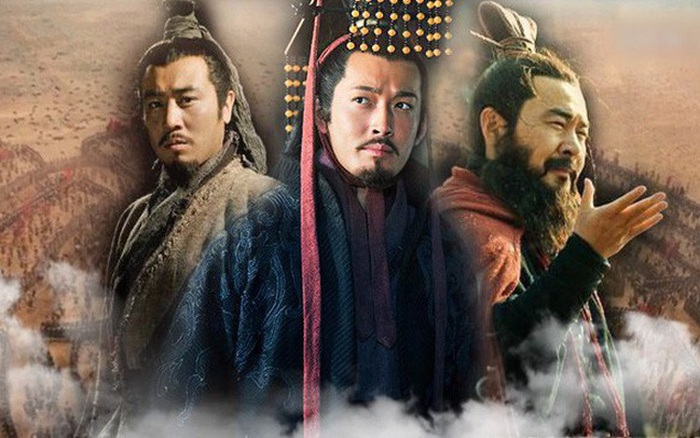
Liu Bei, Ton Quyen and Cao Cao were the three monarchs who led Shu Han, Dong Ngo and Cao Wei respectively.
So, what is so special about the dreams of these monarchs?
Dreaming is a normal human phenomenon. However, when comparing with literary and historical monuments of previous dynasties, it can be seen that before important events that are about to happen, emperors or officials, generals often have Some dreams foreshadow.
Coincidentally, Cao Cao and Liu Bei have prophetic dreams again and they seem to have come true.
During the campaign against Xi Xuyen, with the support of the advisor Pang Thong, this monarch won many victories when he took over the districts from Luu Chuong and captured Ich Chau, the foundation of the Thuc dynasty. Han. Although he won this campaign, Liu Bei lost a wise man with a talent comparable to Zhuge Liang. That is Bang Thong the name is Phuong So.
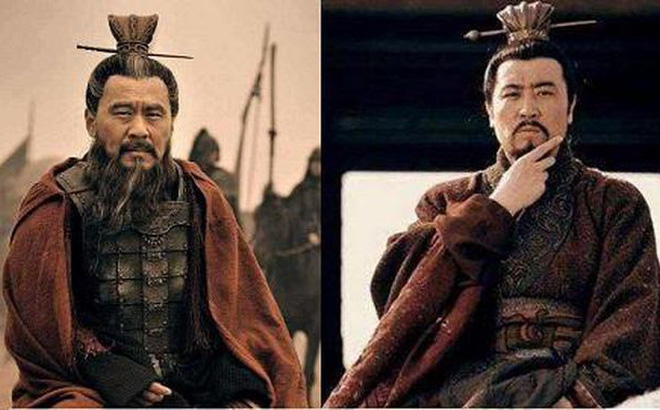
Cao Cao and Liu Bei have nightmares and the strange thing is that they seem to have come true.
The fulfilled dream caused Liu Bei to suffer a great loss?
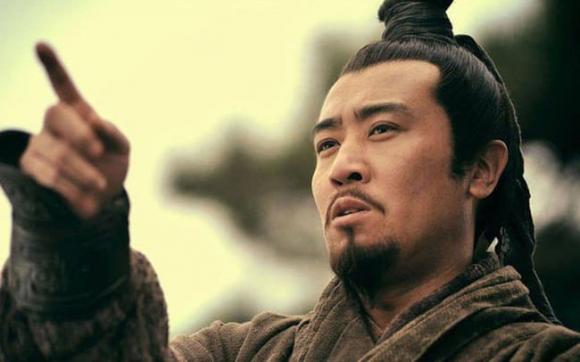
Liu Bei had a nightmare of being hit in the right arm.
According to China’s Three Kingdoms during the Xichuan campaign, one night, Liu Bei dreamed of a god holding an iron rod and hitting his right arm. After waking up, Liu Bei still felt pain in his right arm. The meaning of this dream could be that Liu Bei is about to lose someone who is considered to be his right hand. Around this time, Pang Thong urged Liu Bei to leave the army, Liu Bei was worried for Pang Thong’s safety so he recounted the dream. Therefore, Liu Bei thought that it was bad luck and was not suitable to leave the army at this time.
After listening to this, Bang Thong laughed and replied that it was difficult to avoid casualties when leading troops to battle, so Liu Bei had to worry about dreams. Although Liu Bei was not reassured, he still listened to Bang Thong’s wishes and led his army to attack Lac Thanh. During the march, Bang Thong’s horse was blinded and lost his foot, so he immediately asked to change horses with Liu Bei. Unexpectedly, Bang Thong was ambushed by Truong Nhiem, Luu Chuong’s general, who attacked at Lac Phuong mound. As a result, Bang Thong was hit by an arrow and died when he was only 36 years old. This shows that Liu Bei’s nightmare has come true.
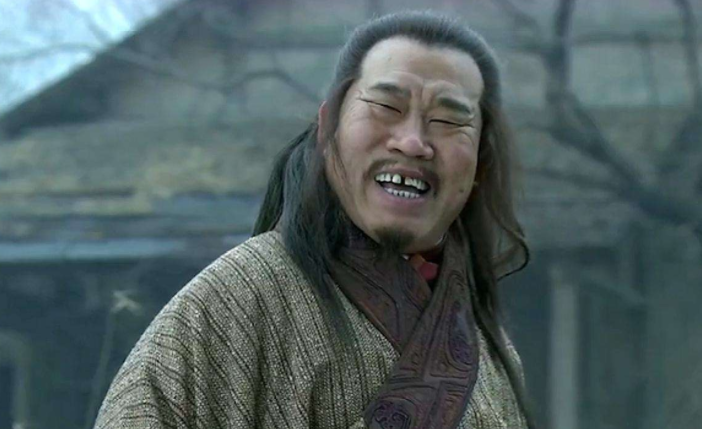
The death of Bang Thong was a great loss for Liu Bei and Shu Han.
Bang Thong’s death caused a series of chain reactions and posed great danger to Liu Bei’s career. Obviously, after the departure of Bang Thong, Liu Bei could not support himself without the help of the counselors. Zhuge Liang had no choice but to withdraw from Jingzhou and enter Yizhou to help Liu Bei rule it. Meanwhile, only Quan Vu remained to hold Kinh Chau, an important strategic base during the Three Kingdoms period.
After that, Guan Yu carelessly lost Kinh Chau to the Dong Ngo army. This indirectly made Shu Han weaken. This famous general later died at Mai Thanh in 220. Kinh Chau’s death and Guan Yu’s death were a major turning point for Shu Han, and at the same time opened a tense period in the relationship between the two countries. Han and Dong Ngo. This is also one of the events affecting the situation of the Three Kingdoms period.
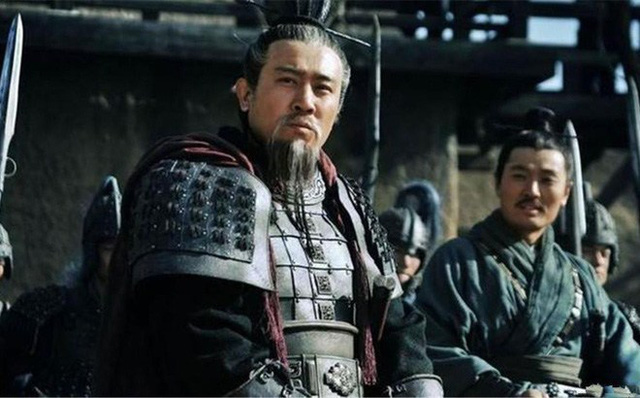
The heavy defeat at Di Lang made Liu Bei seriously ill and soon died in the White Emperor citadel.
The sudden death of Guan Yu and the loss of such an important land as Kinh Chau directly triggered the general offensive of Dong Ngo. However, the heavy defeat of Thuc Han’s army at the battle of Di Lang was a fatal blow to Liu Bei. Because the inability to recapture Kinh Chau made plans in Long Trung’s countermeasures and strategies set out by Zhuge Liang difficult to implement. Liu Bei therefore also fell seriously ill and later died at the White Emperor citadel in 223, while Shu Han’s career was still unfinished.
According to historians, it is clear that if Pang Thong did not die soon, he and Zhuge Liang were each advisor in Ich Chau and Kinh Chau, the situation of the Three Kingdoms would certainly be different. The departure of Bang Thong is indeed a great loss for Liu Bei and Shu Han.
What is Cao Cao’s nightmare?
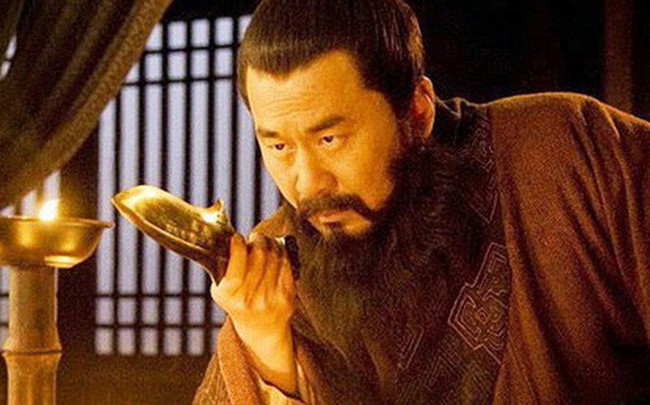
Cao Cao dreamed that three horses shared a trough.
Cao Cao is famous as a skillful politician and a talented military man. However, Cao Cao was too suspicious. One day, Cao Cao dreamed of an image ” real three code , that is, three horses sharing a trough. The trough is homophonous with the Cao family, and the word code refers to the horse. Therefore, this monarch suspected that someone with the name Ma was plotting to usurp the Cao family’s Jiangshan.
After much thought, Cao Cao suspected the Sima family, led by Sima Yi, who was talented but this monarch was always on guard.
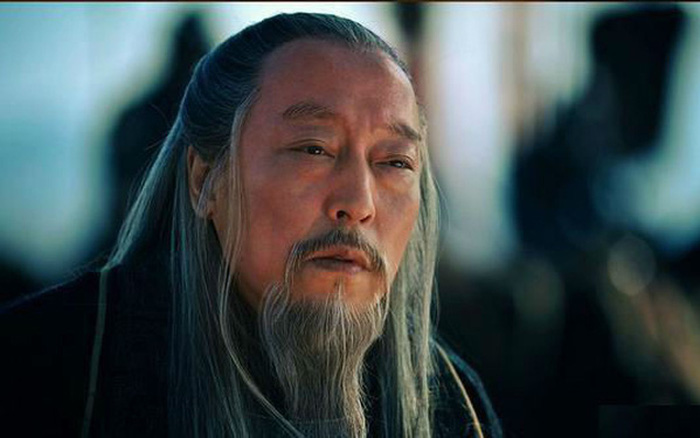
Sima Yi spent her whole life waiting for her time, serving three Cao clans, and finally carrying out a spectacular overthrow in 249.
Thinking that the dream was a bad omen, Cao Cao called his son Cao Phi and reminded him:Sima Yi was originally a person who refused to be a servant, and would eventually interfere in Cao Family’s affairs“.
Unfortunately, at that time, Cao Phi trusted Sima Yi very much and did not carefully remember his father’s warning. Meanwhile, Cao Cao, although he soon saw the malice of Sima Yi, did not directly eliminate it. This monarch left Sima Yi a way of life.
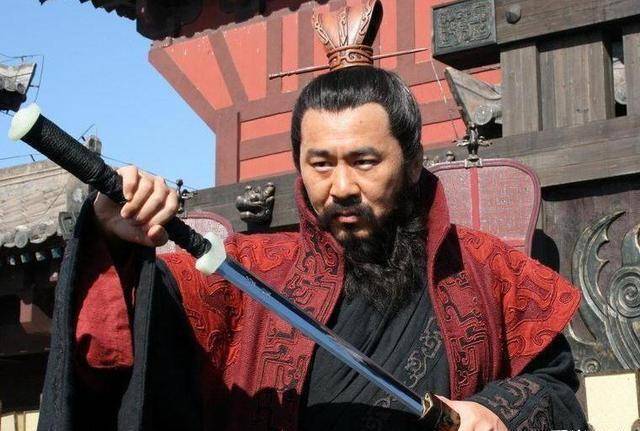
Cao Cao chose to spare Sima Yi’s life but did not expect this to be the wrong decision.
But perhaps even Cao Cao could not have imagined that choosing to spare Sima Yi’s life at that time would be a disaster for Cao Wei later.
True to Cao Cao’s nightmare, the image of the “real three horse” seems to coincide with the father and son of the Sima family, Sima Yi, Sima Su and Sima Zhao. As a result, Sima Yi and his two sons not only became the gods of Cao Wei, but eventually created the premise for his grandson Sima Yan to usurp the throne, destroying the dynasty that Cao Cao laid the foundation and thick of his life. construction work. If Cao Cao directly eliminated Sima Yi, perhaps the outcome of Cao Wei and the Three Kingdoms would be different.
Source referenced article: Sohu, Baidu






